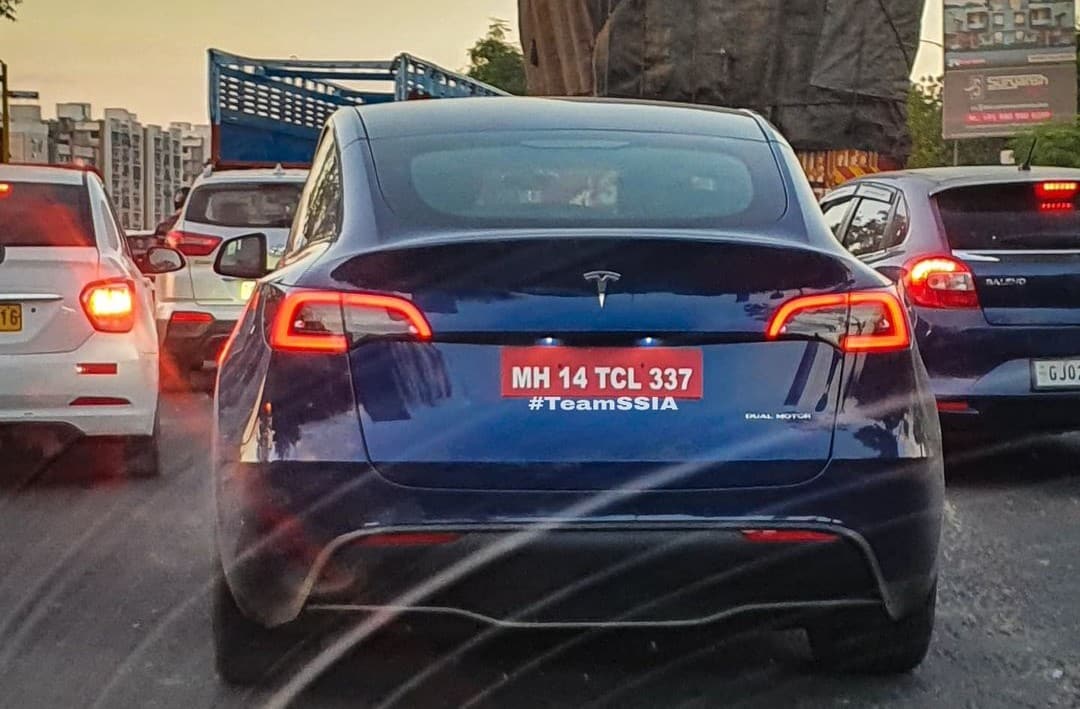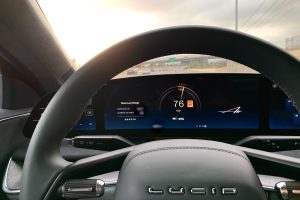- 🚗 India’s domestic car companies are concerned about Tesla entering the market.
- 💼 They are urging officials not to reduce import duties for Tesla, fearing increased competition.
- 🌐 Tesla and India have been negotiating a Gigafactory deal to produce EVs locally.
- 💰 Import duties in India can double the vehicle price when priced above $40,000.
- 📉 India is considering a new policy to ease Tesla’s entry, potentially reducing the 100% EV tax to as low as 15%.
- 💸 Tesla aims to price its vehicles in India between $24,000 and $36,000.
- 🤝 Indian automakers, including Tata Motors, are pushing the government to lower import duties.
- 🇮🇳 Tesla’s prospective entry into India has faced challenges, but CEO Elon Musk expresses optimism about a deal.
- 📈 Only 82,000 of the 4 million cars sold in India last year were electric, and Tesla’s entry could significantly impact this number.
The automotive landscape in India is on the verge of a significant transformation with the potential entry of Tesla, the electric vehicle (EV) giant. As domestic car companies express their concerns and advocate against reducing import duties, the industry is at a crossroads. In this blog post, we will delve into the intricacies of Tesla’s prospective entry into India, exploring the challenges, opportunities, and the evolving dynamics of the Indian EV market.
The Concerns of Domestic Car Companies
🚗 Indian car manufacturers find themselves in a conundrum with Tesla’s looming entry. The fear of intensified competition has prompted these companies to urge officials not to reduce import duties for Tesla. This apprehension is not merely about protecting market share but also reflects the uncertainties surrounding the potential disruption that Tesla could bring.
Tesla’s Negotiations for a Gigafactory
🌐 Tesla’s ambitions in India extend beyond vehicle imports. The ongoing negotiations for a Gigafactory underscore Tesla’s commitment to local production. Establishing a Gigafactory in India aligns with Tesla’s global strategy of decentralizing production to meet regional demands efficiently.
Import Duties and Pricing Dynamics
💰 The current import duties in India pose a significant challenge for Tesla. Vehicles priced above $40,000 face doubled import duties, potentially impacting the affordability for Indian consumers. To tackle this hurdle, Tesla aims to price its vehicles in the range of $24,000 to $36,000, strategically targeting a price bracket with anticipated higher demand.
India’s Policy Shift to Facilitate Tesla’s Entry
📉 India is contemplating a policy shift to facilitate Tesla’s entry into the market. The proposed reduction of the 100% EV tax to as low as 15% reflects a broader strategy to incentivize EV adoption. While this move could benefit Tesla, it also raises questions about the potential impact on the domestic EV market.
Pushback from Indian Automakers
🤝 Indian automakers, including major players like Tata Motors, are actively pushing the government to reconsider lowering import duties. The competitive landscape is intensifying, with local manufacturers gearing up for the challenges posed by Tesla’s entry. The negotiations are a testament to the dynamic nature of the Indian automotive industry.
Elon Musk’s Optimism and the Road Ahead
🇮🇳 Despite the challenges and pushback, Tesla’s CEO Elon Musk remains optimistic about the company’s entry into India. The potential for a significant investment and a fruitful relationship is on the horizon, as expressed by Musk after a meeting with Indian Prime Minister Narendra Modi.
Impact on India’s EV Market
📈 With only 82,000 electric cars sold out of the 4 million total cars in India last year, Tesla’s entry could be a game-changer. The infusion of Tesla’s electric vehicles into the market has the potential to significantly increase the adoption of EVs, contributing to India’s sustainability goals.
In conclusion, Tesla’s impending entry into the Indian automotive market is a multifaceted development with implications for both domestic and international players. The challenges and opportunities in this scenario underscore the complexities of navigating the rapidly evolving EV landscape in India.





